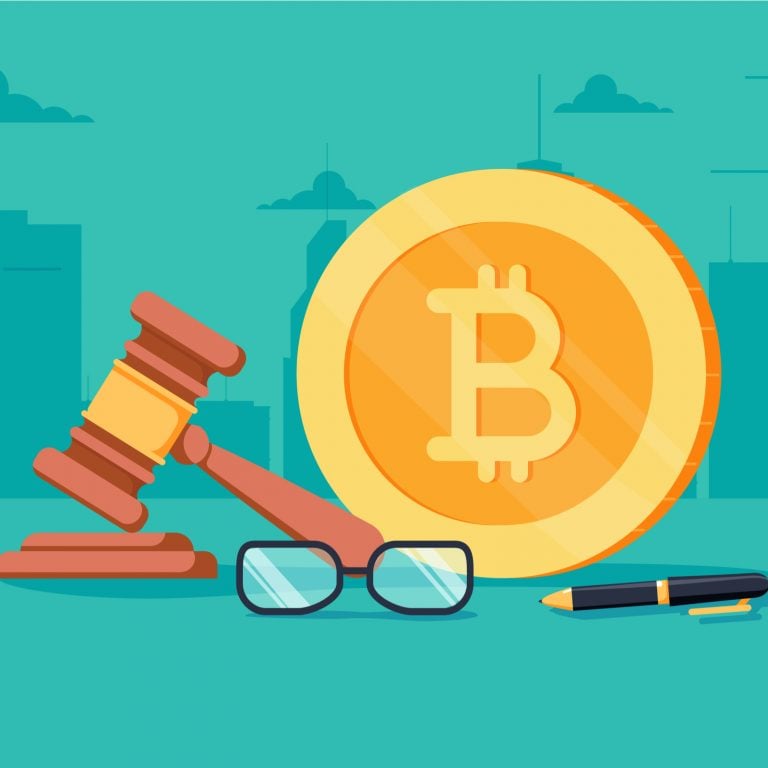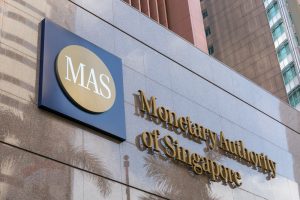
In recent regulatory news, Chinese authorities have issued a warning seeking to encourage citizens to be skeptical regarding the promotional claims of illegal fundraising schemes operating with cryptocurrencies, Singapore Exchange and the Monetary Authority of Singapore have partnered with Anquan, Deloitte, and Nasdaq to settle tokenized securities using distributed ledger technology, and Hungary’s finance ministry has indicated that it is exploring the regulation of cryptocurrencies, however, also stated that virtual currencies are not recognized as legal tender.
Also Read: Report: North Korea to Hold a Crypto Conference
Singapore Partners With Anquan, Deloitte, and Nasdaq to Settle Tokenized Securities via DLT
 The Monetary Authority of Singapore (MAS) and Singapore Exchange have announced a partnership that will “allow financial institutions and corporate investors to carry out simultaneous exchange and final settlement of tokenized digital currencies and securities assets.” The venture is intended to “improv[e] operational efficiency and reducing settlement risks.”
The Monetary Authority of Singapore (MAS) and Singapore Exchange have announced a partnership that will “allow financial institutions and corporate investors to carry out simultaneous exchange and final settlement of tokenized digital currencies and securities assets.” The venture is intended to “improv[e] operational efficiency and reducing settlement risks.”
According to a press release, major financial companies Anquan, Deloitte, and Nasdaq have been appointed as “technology partners” for the project. The project is expected to deliver a report examining “the potential of automating [Delivery versus Payment (DvP)] settlement processes with Smart Contracts and identify key design considerations to ensure resilient operations and enhanced protection for investors” by November.
The head of technology at Singapore Exchange and chair of the project, Tinku Gupta, stated: “This initiative will deploy blockchain technology to efficiently link up funds transfer and securities transfer, eliminating both buyers’ and sellers’ risk in the DvP process. This is a collaborative innovation bringing together multiple players to pursue real-world opportunities that will benefit the ecosystem.”
Sopnendu Mohanty, the chief fintech officer of MAS, said: “Blockchain technology is radically transforming how financial transactions are performed today, and the ability to transact seamlessly across



